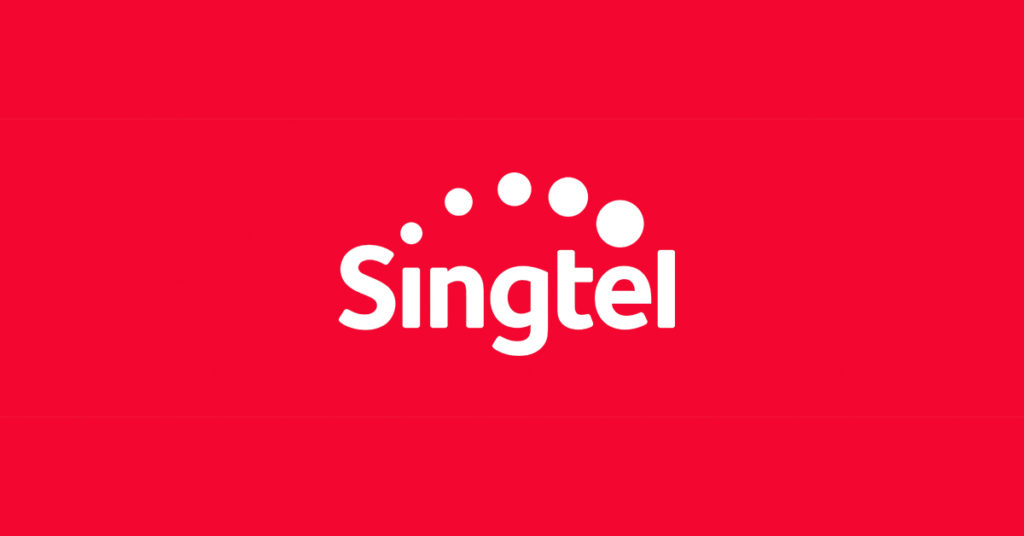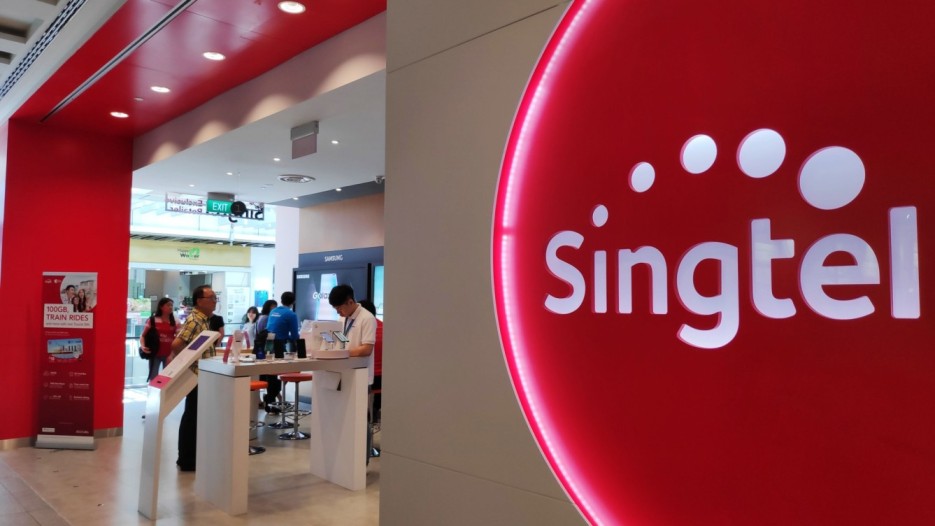Singtel Shares Skyrocket Following News of $11 Billion Optus Sale Discussions

I am a law graduate from NLU Lucknow. I have a flair for creative writing and hence in my free time work as a freelance content writer.

I am a law graduate from NLU Lucknow. I have a flair for creative writing and hence in my free time work as a freelance content writer.

I am a law graduate from NLU Lucknow. I have a flair for creative writing and hence in my free time work as a freelance content writer.
Telecommunication is the most successful industry in the
world, and there are few names that are the biggest contributor to what the
telecommunication industry is today. Singtel is one such company, with almost a
century-old history in the field. The company is based in Singapore and has a
customer base of over 640 million. Singtel is one of the four leading telecom
companies of Singapore, and apart from Singapore, it is serving in countries
like Australia and India.
Temasek Holdings is the owner company of Singtel, and it
trades with the name Singapore Telecommunications Limited. Previously it was
branded as SingTel. It is one of the four largest telecom companies in
Singapore and is headquartered at 31 Exeter Rd, Singapore 239732. Singtel specializes
in fixed-line and mobile telephony, broadband and fixed-line internet services,
digital television as well as in IT and network services. As of 2020, the total recorded annual revenue of
the company was SGD16.54 billion. Amobee, Dataspark Pte. Ltd., Hooq Digital,
Singtel Innov8, NCS Pte Ltd, and Trustwave Holdings are some of its subsidiary
companies.

The history of Singtel dates back to the era of the private
telephone exchange in 1883. Singapore got its first telephone network handled
by Oriental Telephone and Electric Company (OTEC). OTEC operated the local
telephone line for about 25 years, and in 1907 it came under the control of the
Central Telephone Exchange in Hill Street. The telephone companies then were
under the control of British interests, which changed in the mid of 1950s.
In 1955, the Singapore government incorporated a separate
entity to control the telephone networks in the country. The entity was a
statutory body and was called the Singapore Telephone Board (STB). After
working independently for about 20 years, STB was merged with the
Telecommunications Authority of Singapore (TAS), which made the local telecom
operations of STB go international. In 1982, the postal services of Singapore
were also merged with the telecom services of Singapore.
In 1992, the Singapore telecom merger was again split back into three entities; the Telecommunication Authority of Singapore (TAS), Singapore Telecommunications Private Limited, and Singapore Post Private Limited. This spin-off also formed a subsidiary company named Telecommunications Equipment, which later became Singtel. This subsidiary was formed to make the telecom operations of the company expand to other countries as well. In 1992, the company was renamed Singtel, and a new logo was also introduced for it.
In 1993, Singtel had the largest IPO of Singapore and was listed on the Singapore Stock Exchange on 1 November 1993. The same year, the company also entered the Philippines. In 1997, Singtel acquired National Computer Systems (NCS), and in 1999, it acquired a stake in Thailand’s Advanced Info Service (AIS). By the beginning of the 2000s, the company had entered countries like India, Australia, Sri Lanka, Indonesia, and Africa, by acquiring shares in companies like Airtel, Optus, and Telkomsel.
Singtel also started its business in the field of enterprise solutions and investment business. In 2010, the company founded Innov8, an investment company to invest in innovative technologies. In 2012, Singtel acquired a digital marketing company named Amobee, and in 2015, the company took over the operations of a leading US cybersecurity firm, Trustwave. The same year, Singtel came with an instant message app Wavee to compete with the already existing apps like Skype and WhatsApp. The users could make video and audio calls through the app.

The Company joined its hands with companies like Etisalat, SoftBank, and Telefónica for a Global Telco Security Alliance to offer cybersecurity services to companies in 2018. The same year, Singtel established the FutureNow Innovation Centre to enter into the consulting business. Singtel, along with Ericsson and Singapore Polytechnic, started the first live 5G facility to support the 5G ecosystem in Singapore in 2019.
In 2020, Singtel won a 5G license for the nationwide 5G
connectivity by the Infocomm Media Development Authority (IMDA) Singapore.
Singtel announced Yuen Kuan Moon to become Group CEO of Singtel on 1 October 2020. He succeeded Chua Sock Koong as the CEO, who retired in January 2021 from her post. Kuan Moon has been with the company since 1993, and over these years, he has handled some major jobs at the marketing, business development, and sales department of the company. Other than being the CEO of Singtel, he also holds the position of chief digital officer in the company.

Yashica is a Software Engineer turned Content Writer, who loves to write on social causes and expertise in writing technical stuff. She loves to watch movies and explore new places. She believes that you need to live once before you die. So experimenting with her life and career choices, she is trying to live her life to the fullest.